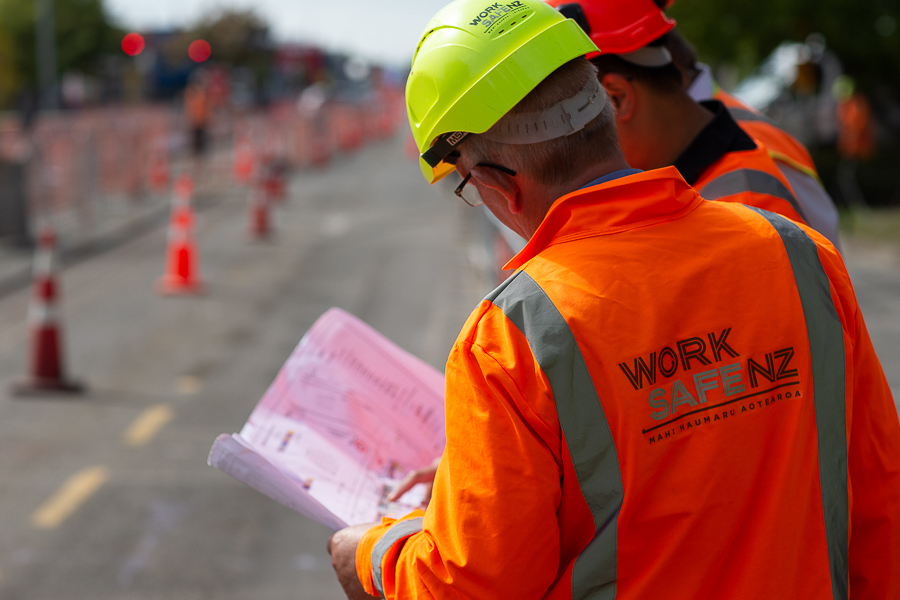|
Teams of future engineers of both universities are working on different projects to find business-oriented solutions. |
The health emergency has led to a series of challenges for society in general and made it necessary to adapt both training and production processes. Digital technologies have become key in the teaching-learning process, since they allow that national and international educational initiatives and programs continue. In this context, students from the Faculty of Engineering and Sciences of the Universidad de La Frontera (UFRO) in Chile and the Faculty of Design and Creative Technologies of the Auckland University of Technology (AUT) in New Zealand are participating in the program “Projects with Industry”. This initiative seeks to strengthen the connection between students of both universities and, at the same time, to solve real problems of the industry through initiatives designed collaboratively. Under the guidance of academics from both universities, the future engineers are developing solutions for Everis and WorkSafe New Zealand (WSNZ, the primary Health and Safety regulator in New Zealand) through two initiatives: “The Enigma Project” (with four AUT-students and one UFRO-student of the program in Computer Engineering) and “The Inspector Game” (with four young AUT-students and two UFRO-students). “WorkSafe New Zealand is the primary Health and Safety regulator in the country, which promotes the education about Health and Safety practices at the workplace,” explained Samaneh Madanian, the Program Advisor for Master of IT Project Management at AUT and guide for the students of the project “The Inspector Game”. “The goal of this project is to develop a digital platform that addresses the need to improve the skills of WorkSafe employees with an innovative platform that helps them to improve their skills by identifying health and safety risks at the workplace. WorkSafe will identify the training areas and manage the content of the application. That will allow a collaborative partnership and train competent and confident health and safety inspectors within the company,” she explained. According to Madanian, the main difficulty was the time difference between Chile and New Zealand, but the team mastered that challenge by using an online sharing platform, which adapted to the needs of the students from both universities. “One of the main advantages for the students in this kind of projects is that they gain experience working with international project teams. Most likely, that is exactly what they will have to do at their future workplace, too,” Samaneh Madanian said. “The students learn more independently how to deal with different challenges and how to plan a project taking into account the needs and requirements of the team members, as for example different languages and time zones. In addition, the project taught the students how to use digital solutions to mitigate some of the project risks,” she added. INTERNATIONAL EXPERIENCE According to Maya Ashizumi-Munn, who is a student from New Zealand and part of the “WorkSafe New Zealand” project, the experience of working with an international team is priceless. “We have learned a lot about how to manage a complex project with multiple teams involved. We had to adjust deadlines and to adapt to the work schedule together with the team of UFRO. It was a great challenge, however, that is how it is usually done in the industry, working together with many different teams, and I am happy that I had the chance to participate in this great learning experience,” she explained. According to Aryaman Chauhan, who is a student from New Zealand and part of the “The Enigma Project”, the international partnership between the two universities provides great opportunities for both future engineers and graduates from New Zealand and Chile. “These kind of programs give us the opportunity to improve our cultural awareness and to learn how universities work in other countries. Besides, the ability to analyze, discuss and share experiences is crucial for educational processes. Probably, the main objective of this collaborative project is the preparation it provides for professional life, since it helps us to understand how different countries operate, what might lead to better international job opportunities”, he said. Meanwhile, Susana Candia, the director of the Internationalization Node of the consortium at UFRO, explained that “it is important to promote this kind of projects, both for the international partnerships with companies in the region, achieved by the faculty, as well as for the development of the students’ global competencies by solving real problems. We hope to be able to incorporate other fields and programs in the future, in order to increase the number of companies that are part of the projects”. Currently, both projects are in the process of presenting their progress and first results, while two other projects, in which another seven students of the Faculty of Engineering and Science of UFRO will participate, are already planned. Written by: Mauricio Antivil
|

